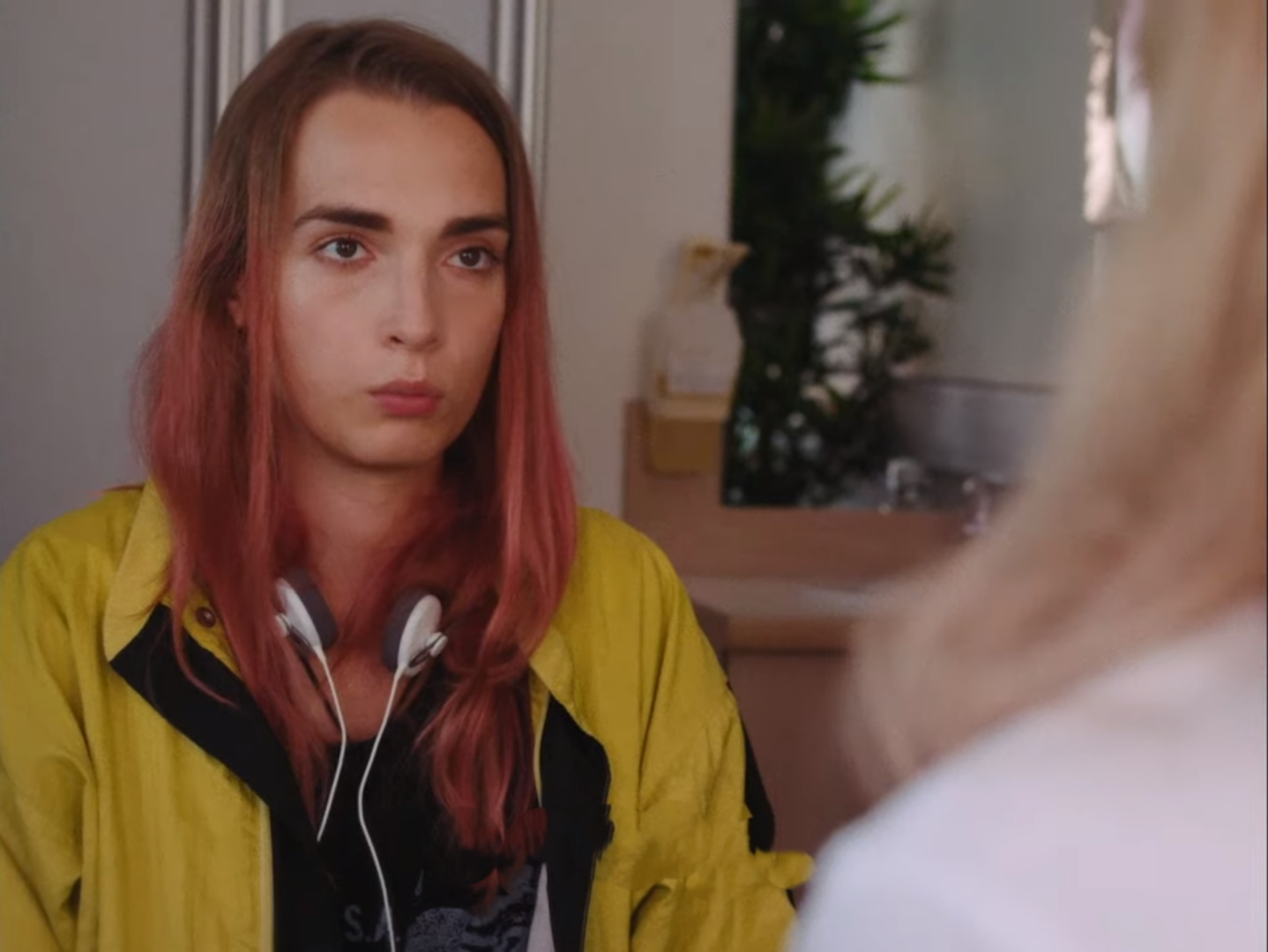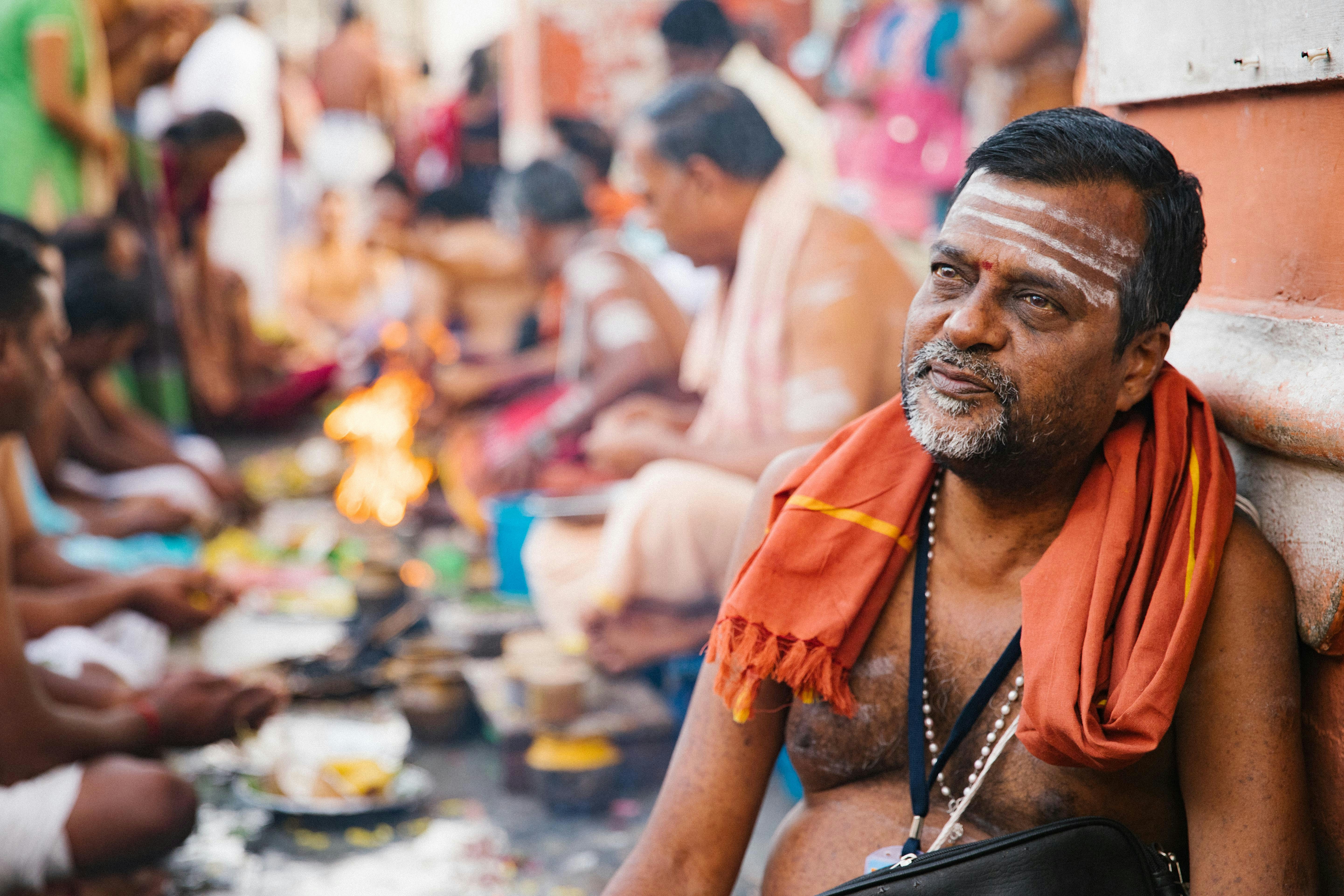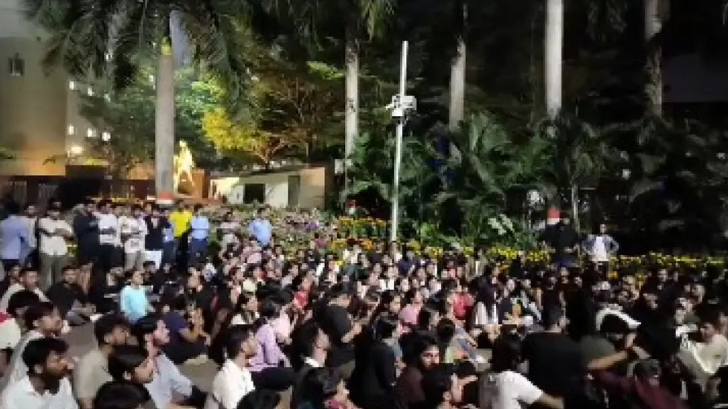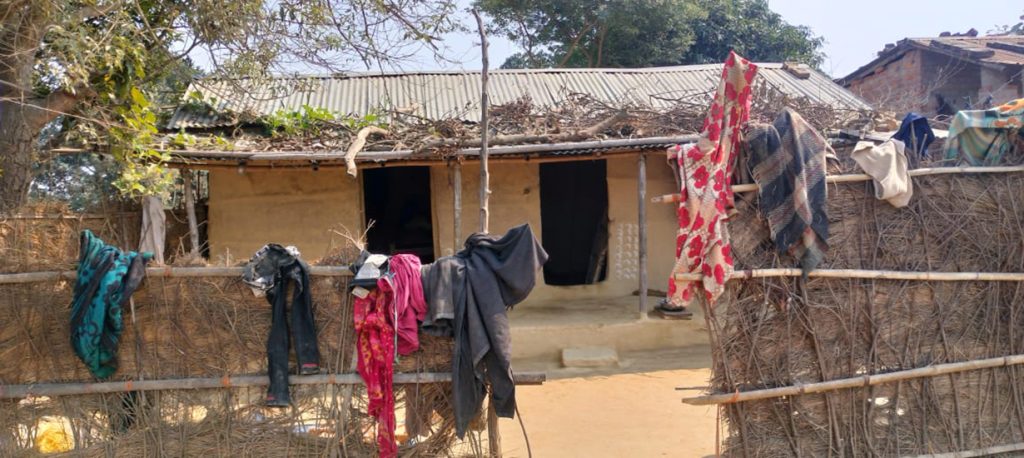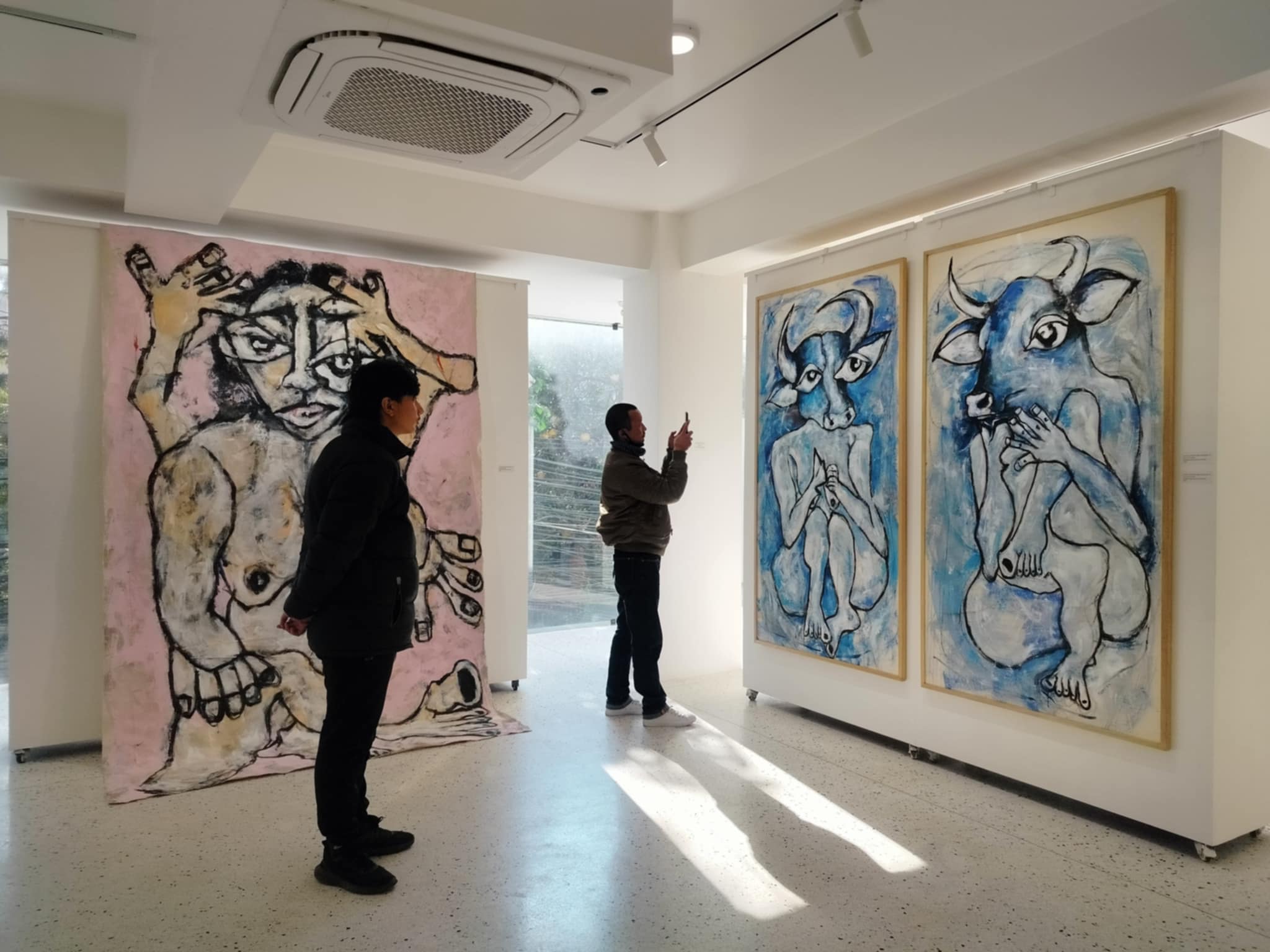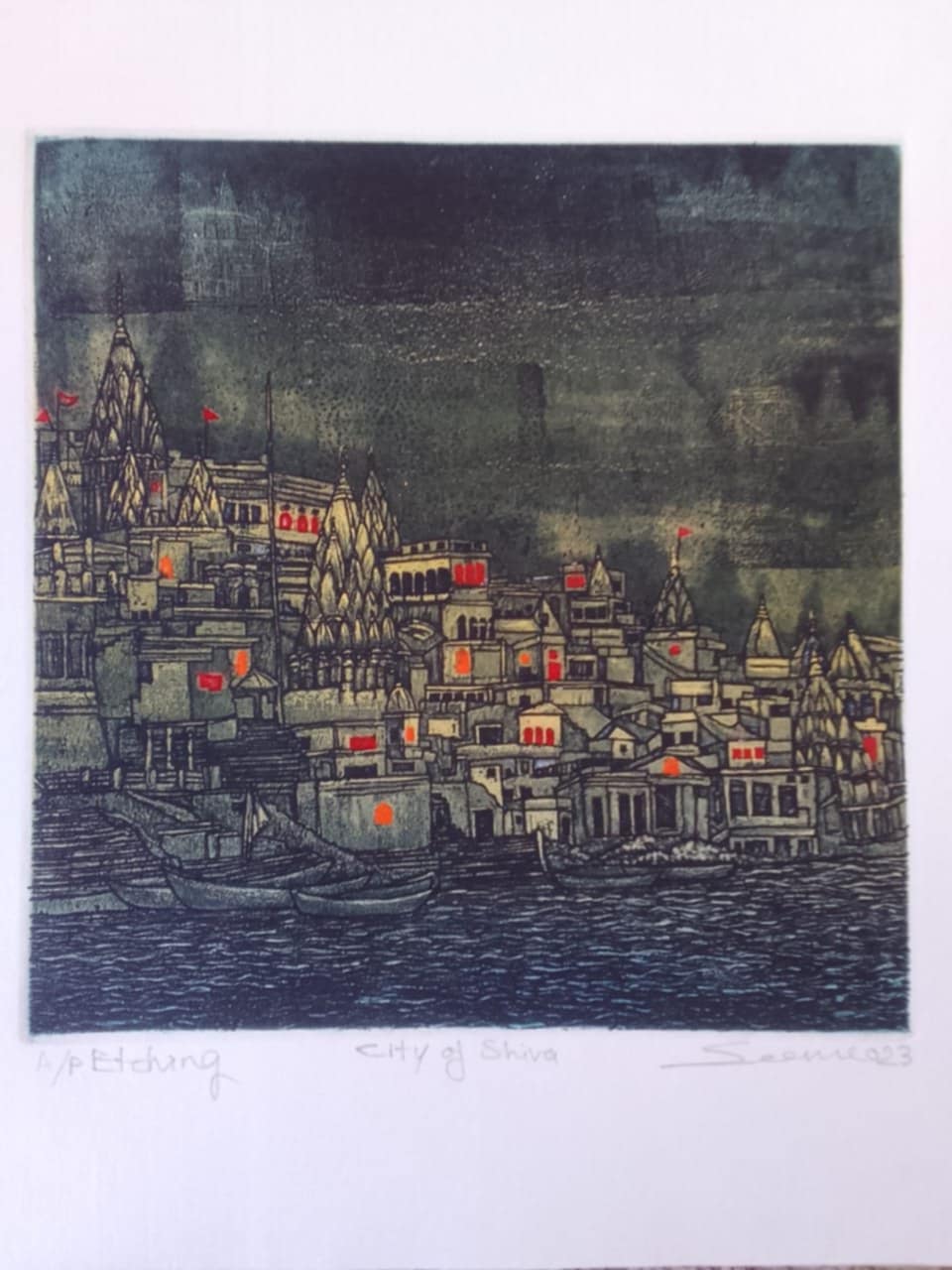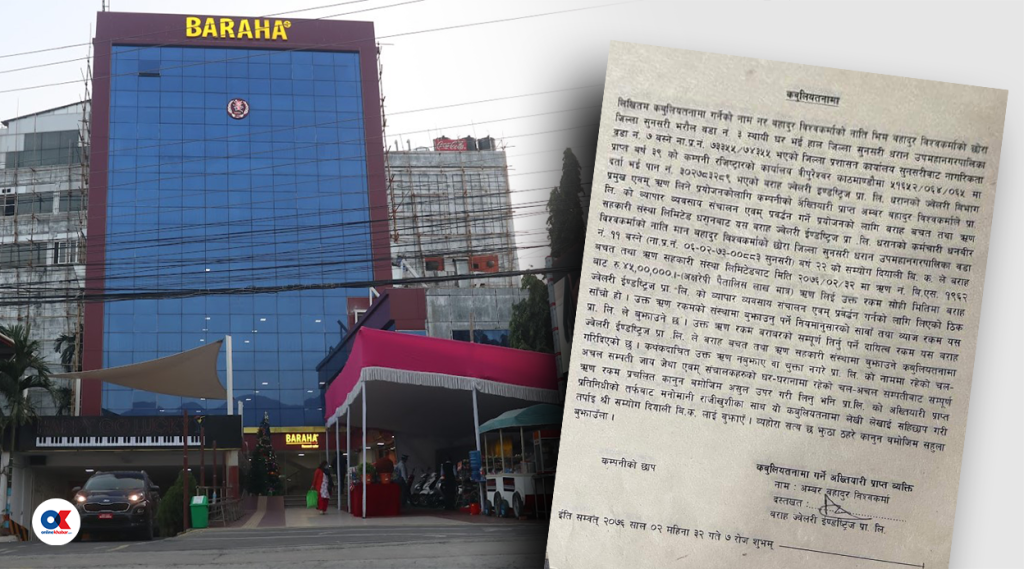
In the beginning of director Abhishek Chaubey’s Udta Punjab, the calm of a starry night somewhere in the bucolic Punjabi hinterland is soon disturbed by a drug consignment gone wrong.
A packet of heroin is thrown off to the recipient from the other side of a long field of lush crops. For an unsuspecting migrant labour nearby, the package falls off straight from sky, as if it had landed from a different world altogether, alien even.
In the next scene, we see a full invasion of the drug in a dazzling display of cocaine-fueled exuberance in the form of an act by a local pop-star named Tommy Singh (Shahid Kapoor). His desi hip-hop verses on the frivolity of his drug-induced lifestyle is then cut to show documentary-like exposition of the drug culture of Punjab as if to say that the cause of this endemic is ‘foreign’, that Punjab is ‘becoming like Mexico’ as we’re later told.
In Udta Punjab, the drugs is not so much of a culprit in the life of Tommy Singh, or in the life of a Bihar state-level hockey champion (Alia Bhatt), whose circumstances has led her to work as a labourer in the impossibly lush fields of Punjab, as much as it is ruining the entire state of Punjab. Director Chaubey’s fascination with the Indian hinterlands is well-documented in his earlier films. Here, Punjab itself is the protagonist while the characters are drawn peripheral.
As far as films about drugs go, director Abhishek Chaubey’s Udta Punjab mainly works only as a commentary. The movie comes out as middling with the collective story-book like metamorphosis of its myriad characters. It comes across as only mildly shocking, unusually sanitised for a film on drugs, transitioning with neat segues and jumping to and fro its three subplots (more on that later), although the shock factor may be relative in its context. I, for one, was utterly disturbed to see a half-naked, over-dozed hooker in director Murray Kerr’s Sin City based on our own Thamel.

As far as films about drugs go, Udta Punjab mainly works only as a commentary. The movie comes out as middling with the collective story-book like metamorphosis of its myriad characters.
It’s only natural for characters to converge in a multi-narrative film and when it does one fateful night, Udta Punjab gets its most engaging performance.
Alia Bhatt is one of the most exciting actress of this generation and by the looks of it, she could soon be one of the best.
As a migrant worker from the backwaters, Bhatt has left behind her screwball charm for a perpetual gloom in Udta Punjab. When she crosses path with Tommy Singh one night, she finally gets to react to her horrid condition.
We finally get to see, and more importantly feel, how the ubiquity of drugs in the state has devastatingly overtaken the lives of its denizens.
I wished the film had more moments like this which effectively packed a stellar performance with commentary all the while also working as a dramatic piece. The rest of the movie instead cuts back and forth its many subplots (take your pick) taking off a chunk of its runtime in the favour of one before setting off to the other one.
At the end, even with the triumphant characters having reached the other side (literally, to the sandy beaches of Goa) it was hard to say if the movie had won its own battle or not.
***
Also read
‘Gajalu’ movie review: A fair addition to Hemraj BC’s universe








